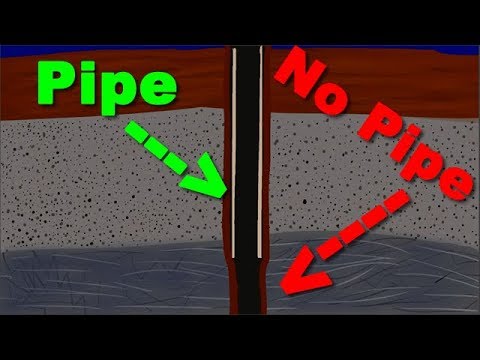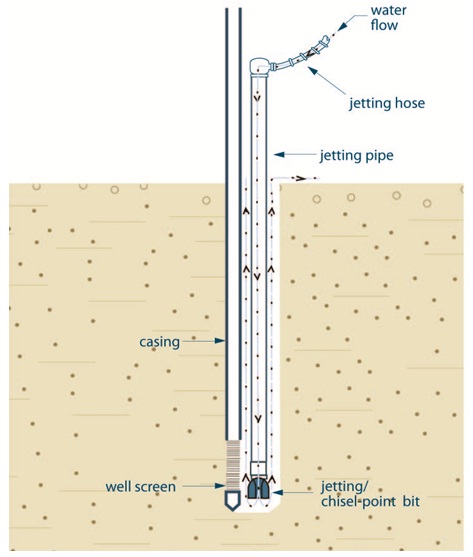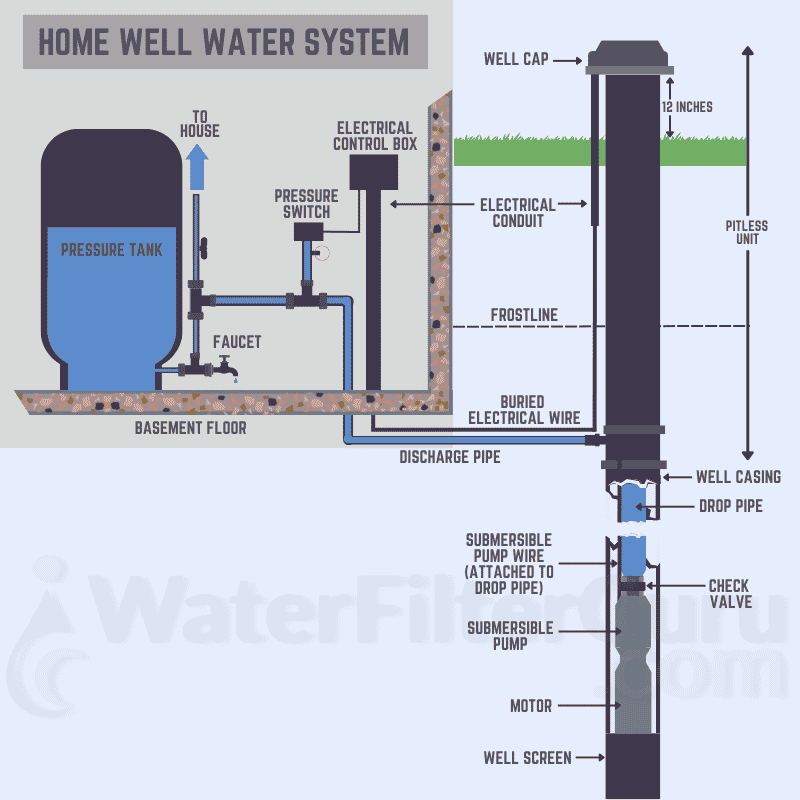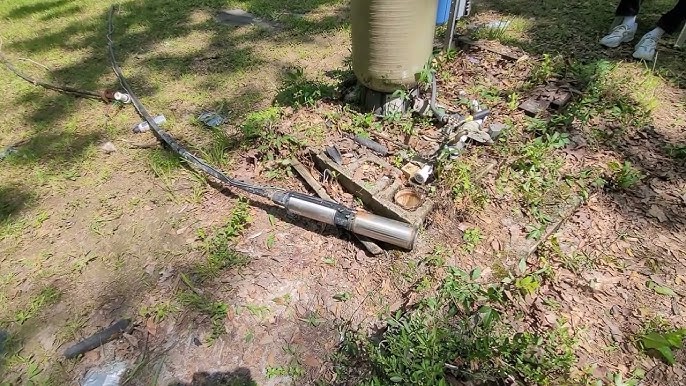How Deep Does A Well Casing Go? Exploring Depths And Functions
Drilling 101: How A Deep Water Well Is Drilled
Keywords searched by users: How deep does a well casing go how deep is a well in meters, how deep is a well pump, how deep should a well be for drinking water, how are wells dug, the deeper the well, the better the water, average well depth in north carolina, how deep is a shallow well, how deep is the average well in florida
Does A Well Casing Go All The Way Down?
Well Casing Depth and Material
A well casing is an essential component of a water well system, serving the critical function of providing structural support and preventing contamination of the water source. Typically made of either steel or PVC pipe, with a standard diameter of around 6 inches, it encloses the wellbore to maintain its integrity and safeguard the water supply.
The well casing’s length varies depending on the specific well design and geological conditions. In most cases, it extends from approximately one foot above the ground surface, protruding slightly above grade, to reach its intended depth. This depth can differ significantly depending on geological factors. In some instances, the casing may extend all the way to the bottom of the well, while in others, it only goes as far as where it encounters solid rock or another suitable sealing layer.
Understanding the depth and material of the well casing is crucial for ensuring the long-term functionality and safety of the well system. It helps protect the well’s integrity, maintain water quality, and ensure that contaminants do not infiltrate the water supply.
What Is The Standard Depth Of A Deep Well?
Exploring Well Depths for Optimal Water Quality
When it comes to determining the standard depth of a deep well, it’s essential to consider a range of depths that cater to various needs. In the context of residential wells, the depth typically falls within the range of 100 feet to 800 feet. However, it’s worth noting that some wells can extend to depths of 1,000 feet or more. The depth of a well plays a crucial role in determining the quality of water it can provide. Generally, deeper wells tend to yield higher-quality water. Therefore, the depth of a well is a critical factor to consider when planning for a reliable and clean water source for your residential needs.
How Deep Is The Water In A Well?
The depth of water wells for household use can vary significantly, typically ranging from around 100 feet to 500 feet deep. However, it’s important to note that the specific depth of a well when drilling for residential or commercial purposes is determined by various factors, including the geological characteristics and the underground water levels of the area. These factors play a crucial role in determining the appropriate depth for a well to ensure a reliable and sustainable source of water for your home or business.
Top 21 How deep does a well casing go


![How Much Does It Cost to Drill a Well? [2023 Data] How Much Does It Cost To Drill A Well? [2023 Data]](https://media.angi.com/s3fs-public/Drilling-a-well.png?impolicy=infographic)



Categories: Aggregate 34 How Deep Does A Well Casing Go
See more here: tfvp.org

All wells should be cased to a depth of at least 25 feet below ground surface. The casings of wells developed in sand or gravel should extend watertight to or into the aquifer. The minimum casing diameter for every new well should be at least 5 inches nominal inside diameter.THE WELL CASING
The casing is a steel or PVC pipe, typically 6 inches in diameter, that extends from about a foot above grade to the bottom of the well or to the point where it hits solid rock.Typical Depth of a Water Well
The typical depth of a residential well ranges from 100 feet to 800 feet deep. Some wells are even 1,000 feet or deeper. The deeper a well is, the better the water quality.
Learn more about the topic How deep does a well casing go.
- Recommended Standards For Private Water Wells – IN.gov
- Water Wells — A Lot More Than a Hole in The Ground – BuildingAdvisor
- How Deep Should a Water Well be Drilled?
- How Deep Does A Residential Water Well Need To Be
- Water Well Diameter: Why Bigger Isn’t Always Better
- 6 Top Methods: How to Check Well Water Level & Depth
See more: blog https://tfvp.org/category/science